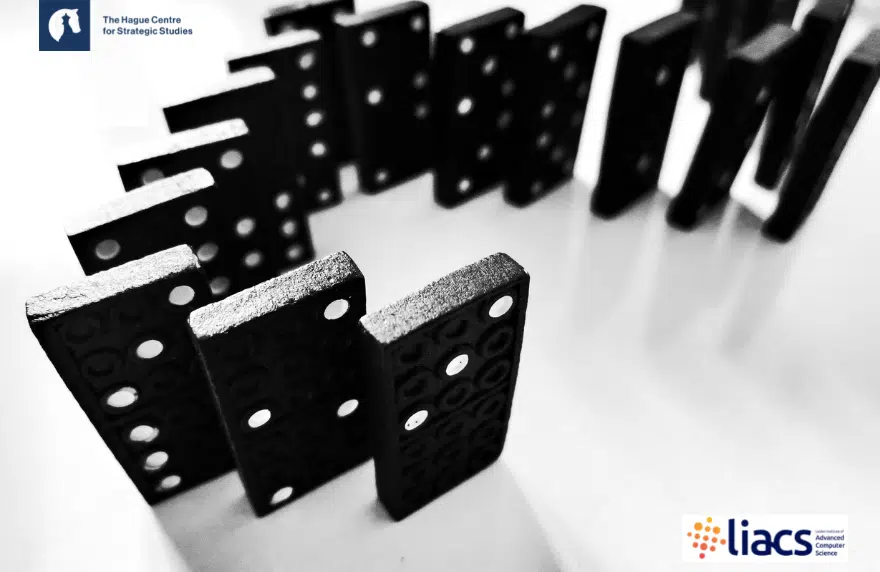Research
On July 23rd, HCSS data scientist Maarten Vonk presented his research at the International Conference on Information Processing and Management of Uncertainty in Knowledge-Based Systems (IPMU2024) in Portugal.
The IPMU conference is organized every two years with the focus of bringing together scientists working on methods for the management of uncertainty and aggregation. It also provides a forum for the exchange of ideas between theoreticians and practitioners in these and related areas. The 2024 edition of IPMU took place at the Instituto Superior Técnico, University of Lisbon, Portugal.
In his peer-reviewed paper, “Optimizing Causal Interventions in Hybrid Bayesian Networks”, Maarten shows how heuristic optimization can be used to retrieve policy-interventions using a discretization and knowledge compilation approach.
Causality is increasingly integrated into decision-making processes. Often, the goal is to optimize over causal interventions to achieve specific policy objectives. However, research into causal optimization has bifurcated into either the online optimization of interventions in causal models or the offline optimization of decision rules in causal influence diagrams.
Vonk introduces an approximate method for offline optimizing interventions in arbitrary hybrid Bayesian networks using observational data. The optimization problem is approached by compiling discretized Bayesian networks as binary decision diagrams, whereafter running interventional queries is very efficient. This efficiency is exploited by running heuristic optimization algorithms to optimize over the interventional queries. By running experiments on a variety of large hybrid Bayesian networks, Vonk demonstrates the practical utility of the method and discusses policy relevance.
The paper is the product of a successful collaboration between the Natural Computing group of Leiden University’s Institute of Advanced Computer Science (LIACS) and the Hague Centre for Strategic Studies (HCSS), aiming to use Natural Computing’s optimization expertise for policy development purposes. In addition, the theory research group of LIACS helped by providing a framework for dealing with the computational challenges involved.
Author: Maarten Vonk
Contributors: Diederick Vermetten, Jacob de Nobel, Sebastiaan Brand, Ninoslav Malekovic, Thomas Bäck, Alfons Laarman, and Anna Kononova.






